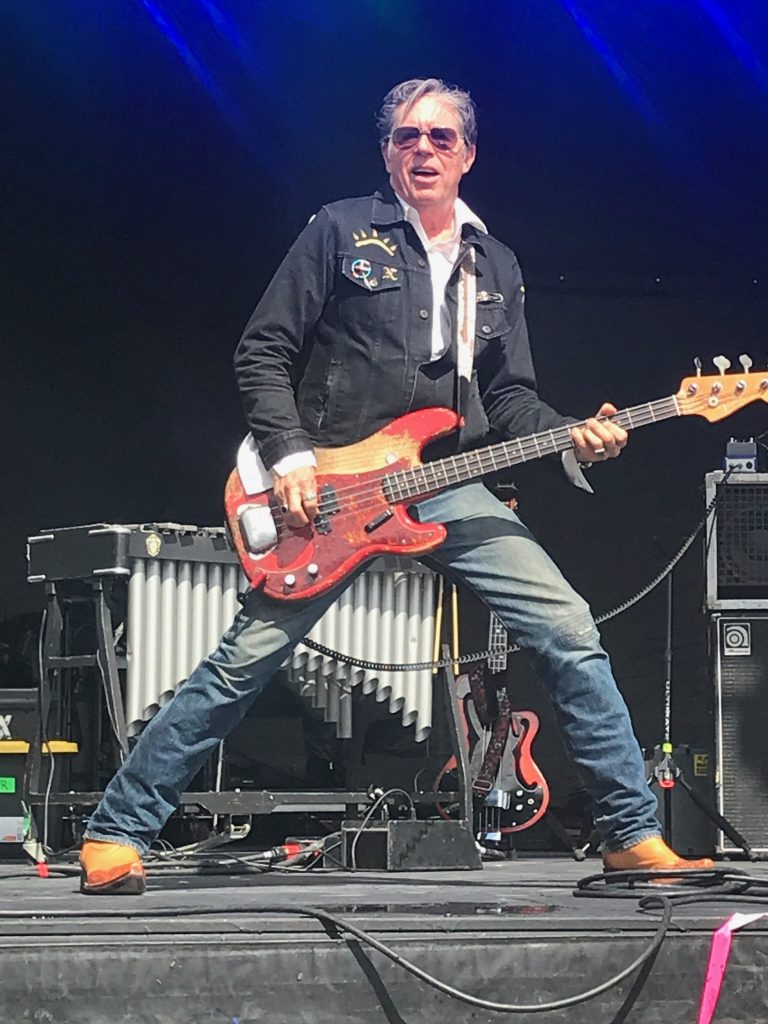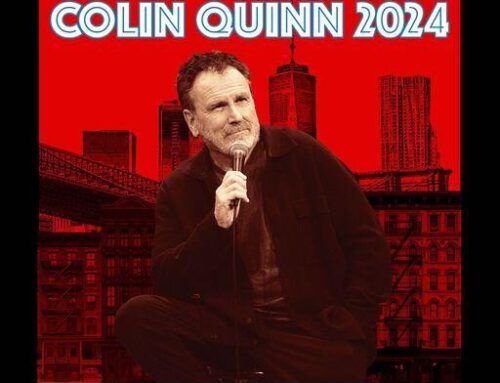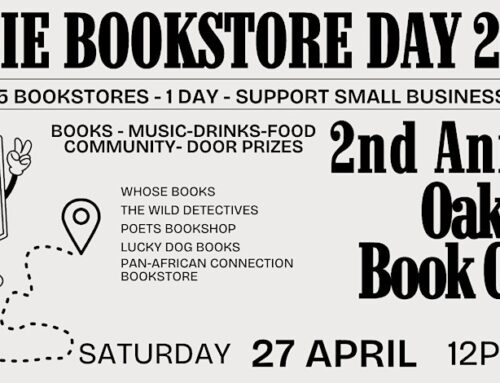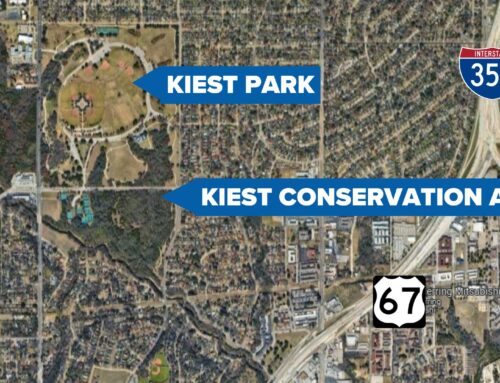The early Los Angeles punk rock band X performs at the Bomb Factory Thursday.
But Oak Cliff gets an encore Friday, when front man John Doe brings his new book, “More Fun in the New World: The Unmaking and Legacy of L.A. Punk,” to the Wild Detectives for a book signing.
This is the second of two oral histories Doe has published with Tom DaSavia about the L.A. punk scene. The first, “Under the Big Black Sun: A Personal History of L.A. Punk,” consists of stories from people who were there, including Jane Wiedlin and Charlotte Caffey of The Go-Go’s, Mike Watt of Minutemen and Henry Rollins of Black Flag.
The new book delves into the creative people who were inspired by the music of that time and place, such as skateboarder Tony Hawk and actor Tim Robbins.
Doe spoke to us on the phone from his home in Austin.
How long have you lived in Austin?
I moved here about two-and-a-half years ago. I have a lot of friends here. I could afford to buy a house here, and it only takes three hours to get to New York and L.A. It’s the republic of Austin, so that’s cool.
What is it like playing in the same band for 40 years?
It’s great. A band is like a family. And as we all know, families can be complicated. We don’t hate each other. We actually like each other, and that’s why we stay together. And we honor the music. This music is important to us and to other people. This is our career. So what are you going to do? For some reason in rock ‘n’ roll, it’s like, aren’t you supposed to grow out of this? And it’s like, why? I want to be an artist. There’s nothing wrong with that. I don’t want to be a shitty pop star and boss people around because I want power. I want to be a bohemian musician.
What is the band working on now?
We’ve done some new recording. And we’re planning on doing some more this January. We signed to Fat Possum, which is this crazy label in Oxford, Miss. They released the last four X records. They started out putting out old blues guys, and now they’re putting out punk-rock records.
You’re a rock ‘n’ roller and an author, but you’re also an actor, and you appear in one of my favorite movies, “Road House.”
It was 10 weeks of insanity. Blowing shit up and macho testosterone everywhere. I play a seething bartender who is Ben Gazzara’s nephew. He gets a knife in the gut from Patrick Swayze and falls over a balcony railing. He was also thrown through a plate glass window, and I’m glad a stunt man did that for me. I’m working on a memoir, and that’s one of the more fun chapters of the book.
Why was writing these books important to you?
To get it down. To have a record of history. Using all the different authors was my one stroke of genius. Writing a book seemed like a lot of work. Doing it as an oral history gives a fuller picture of what actually happened. As much as I applaud and support women in punk rock, I can’t write that story. With the second book, it became a whole different thing. Hard core was really taking over, people were getting on drugs and going on tour, so we weren’t really around. That sounded all very negative. So we thought, “What about the legacy that you inspired?” Then got the idea to include other creatives to write their stories because they were inspired by the DIY spirit of that era.
Which is your favorite interview?
They all were. I’ve known Tim Robbins for years from The Actors’ Gang, but I no idea he was so inspired by punk rock. Charlotte Caffey has a chapter about addiction and recovery and her dedication to songwriting at the same time. It’s a heavy chapter, but it’s inspiring. The Fishbone guys talk about racism. Even if you know the story, you get details. I knew what Allison Anders went through to get “Border Radio” made … but I didn’t know the details. She had her kids sleeping on the floor next to her while she was up working on it. That’s inspiring for people who want to be creative and they’re like, “Oh, it’s so hard.” It’s like, “Yeah, and what are you going to do?”
One thing that cracks me up about the stories I listened to was that people in that scene valued a lack of musicianship.
It was a badge of honor so much as nobody to put you down for just saying “I’m gonna try. What the hell.” I still believe that. I believe virtuosity is all well and good, but if you’ve got no heart, that’s not for me. Nowadays there’s plenty to go around, and you can find people playing their notes perfectly anywhere, and if that’s what people want, they can go listen to Rush all they want. With my blessing. Then I don’t have to.
What else do you want people to know?
This book is in the running for a Grammy. So I encourage any Grammy voters to please consider us. Scott Sherratt produces it. He did Elvis Costello’s books, The Beastie Boys book, Debbie Harry’s book. Everyone in the book reads their own chapter for the audio book. And then like, Henry Rollins didn’t have the chance to actually write his chapter, so we had a conversation. For the audio book, we did a new interview.
It just occurred to me that what an endeavor it must’ve been getting all of those people into a studio to record their chapters.
Fifteen or 20 years in the future, when all these people are gone, who will tell these stories? We just said, “Somebody’s going to tell your story. Wouldn’t you rather it be you?”






